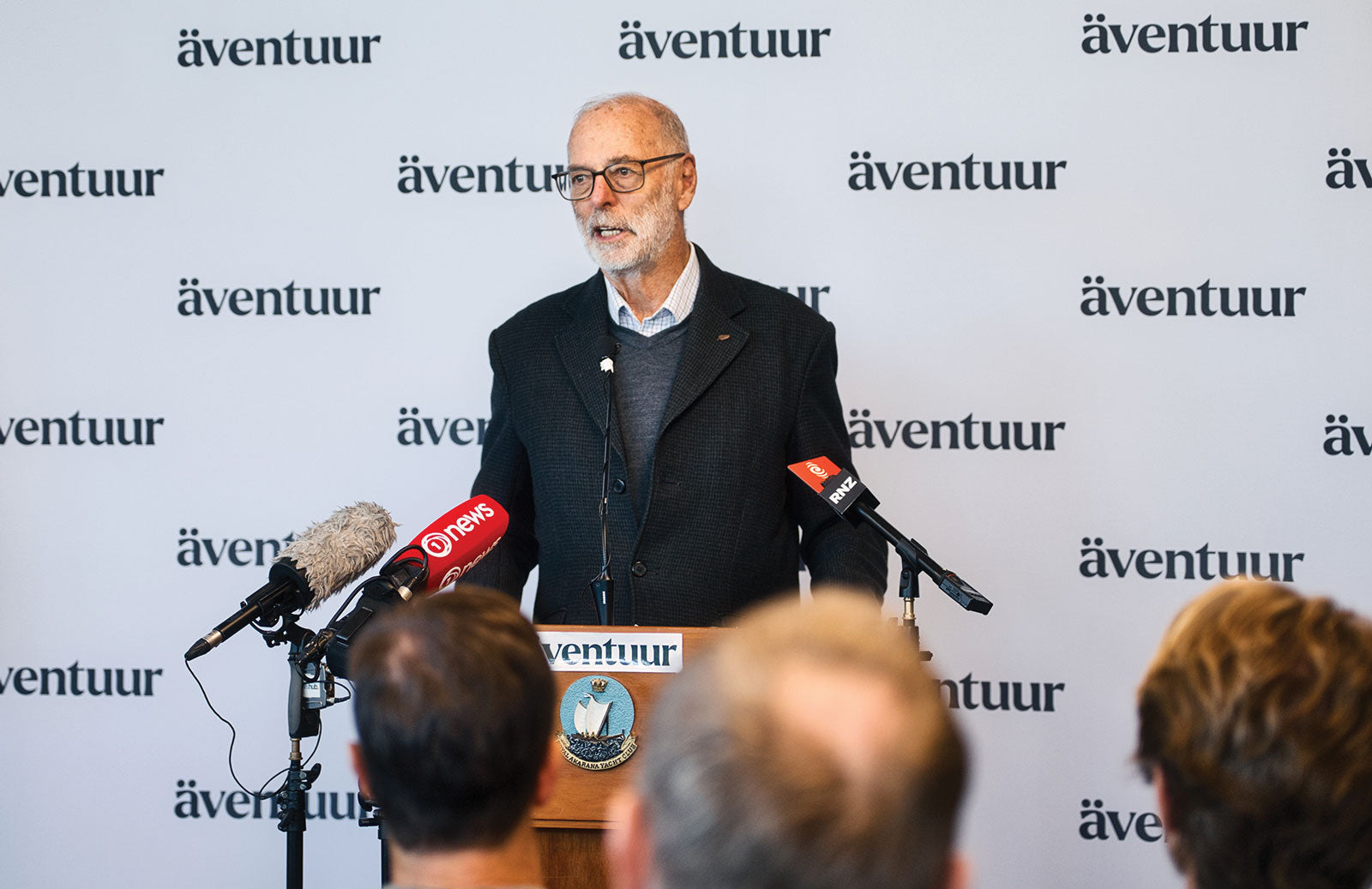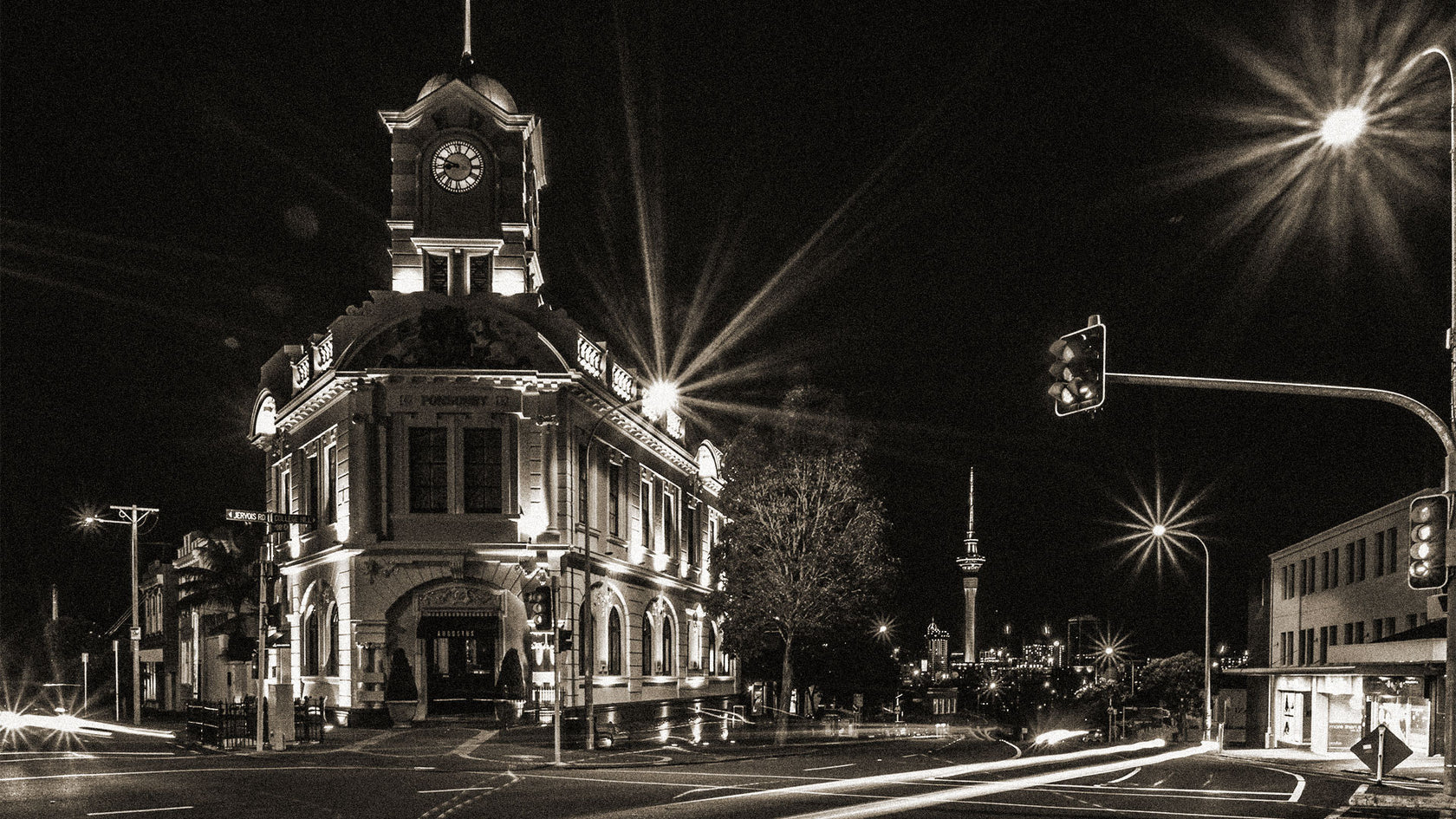The good news is spring is finally here and it couldn’t come soon enough.
We’re overdue for calm weather following a winter not quite of discontent but nonetheless one where our communities are facing tough economic times.
Rates
Setting rates is one of the major responsibilities of council and follows months of workshops, consideration of ways to boost non rate income and deal with cost pressures in an effort to avoid large increases, particularly at a time when the economy is soft.
Following this work, council then has to consult the public, listen to feedback and finally come up with the overall rate which this year resulted in a 5.8% increase for the average value residential property.
This is the global figure applied to the council’s budget and was the lowest metropolitan rate in NZ of which council was justly proud.
How that global sum is then individually applied uses the property’s value which is determined by independent valuation service providers (Opteon and QV) and must be audited and certified by the Government’s Valuer-General. Councils have no control over this process.
This year, the Valuer-General did not certify the rating valuations until 6 June and councillors had no contact or advice about the changes in valuations although most councillors expected a drop in property valuations given the state of our economy.
No councillor was aware of the dramatic differences before certification by the Valuer-General on 6 June nor were they aware until then of its impact on rural properties which generally either didn’t drop in value or rose slightly. Some residential areas had their values slashed severely which then accentuated the difference from their rural neighbours.
So having worked hard to keep rate rises to a minimum, councillors found that somehow they had upset rural landowners simply because these people had been adjudged to be better off than urban counterparts whose land values had crashed.
Calls for a rates’ cap simply won’t help as even if there was no rate rise the change in valuation would have transferred the burden to those whose values hadn’t fallen. A cap on the change in values, which the Government Valuer-General could certify, would be way better.
Rural and all ratepayers should understand that if the Port hadn’t been forced to be profitable and if the airport shares hadn’t been put into a Future Fund, those rate rises would have been even worse. Some councillors voted against those savings, so be careful who you criticise.
Urban dwellers had sudden value increases over recent years and shouldered more of the rates’ burden which has suddenly moved to the countryside
Be assured council is limiting rate rises but even next year the average value residential rates rise will be around 7.9% simply to pay for the City Rail Link which was commissioned years ago. A zero-rate rise would mean the $6 billion spent on this significant piece of infrastructure would have been a complete waste if we weren’t able to pay to run the trains through it. (Wayne Brown)
mayorofaucklandmedia@aucklandcouncil.govt.nz
Wayne Brown: Mayor of Auckland


